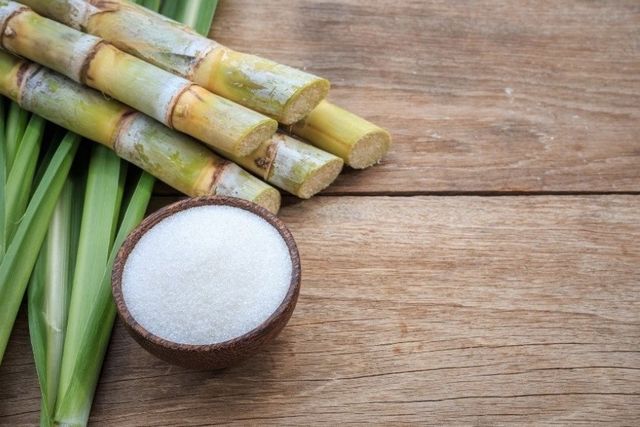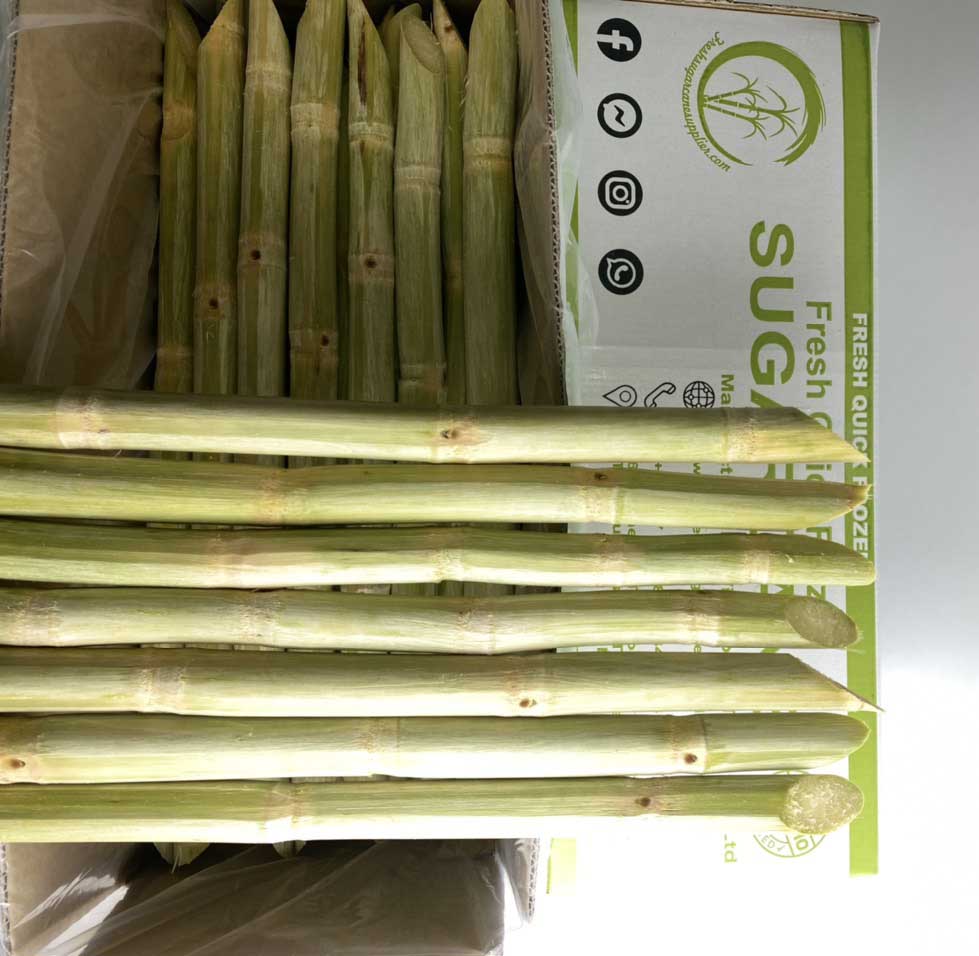From Sugarcane Product to Alternative Fuels: The Diverse Uses of Sugarcane
From Sugarcane Product to Alternative Fuels: The Diverse Uses of Sugarcane
Blog Article
Exploring Sugarcane Products: Versatile Makes Use Of and Benefits
The exploration of sugarcane products reveals an exceptional range of applications that prolong well beyond the familiar realm of sweeteners. This versatile crop acts as a structure for a range of food items, commercial materials, and even sustainable energy solutions. Additionally, its by-products provide significant environmental advantages and wellness benefits that merit attention. As we check out the complex payments of sugarcane, one may wonder just how these varied uses can reshape sectors and way of lives in a quickly evolving world.
Overview of Sugarcane
Although sugarcane is usually connected mainly with sugar manufacturing, it is a flexible plant with a rich background and various applications. Grown in tropical and subtropical areas, sugarcane flourishes in cozy environments and well-drained dirts, contributing significantly to numerous economies worldwide. This seasonal grass, coming from the genus Saccharum, can expand to elevations of as much as 4 meters, showcasing its durable nature.
Beyond its main role in sugar extraction, sugarcane functions as an important resource for various byproducts. The fibrous residue, recognized as bagasse, is utilized for producing bioenergy and as a raw material for producing paper and eco-friendly products. Furthermore, molasses, a byproduct of sugar refining, is abundant in nutrients and typically utilized in pet feed and fermentation processes.
Sugarcane also plays a considerable duty in traditional medicines and cultural methods in a number of areas, highlighting its importance beyond industrial use (sugarcane product). Moreover, with the raising emphasis on lasting farming techniques, sugarcane is being discovered for its possibility in biofuels and carbon capture, placing it as a principal in the transition in the direction of renewable resource resources. Therefore, the versatility of sugarcane extends far beyond the confines of sugar manufacturing
Sugarcane in Food Products


Beyond sugar, sugarcane is the resource of energy-rich products such as jaggery and panela, which are typical unrefined sugars used in lots of cultures. These items not only sweeten foods however also convey nutritional advantages and unique tastes.
Sugarcane juice, a refreshing drink enjoyed in lots of exotic regions, showcases the plant's convenience. It is commonly taken in fermented or fresh into alcoholic beverages like rum.
Additionally, sugarcane fibers, called bagasse, are in some cases utilized to produce food product packaging materials, stressing the environmental advantages of sugarcane handling. On the whole, sugarcane's payment to food is diverse, improving tastes, offering dietary worth, and playing a significant function in cooking practices worldwide.
Industrial Applications of Sugarcane
In different sectors, the versatility of sugarcane prolongs much past its cooking applications. Sugarcane acts as an important basic material in the manufacturing of biofuels, particularly ethanol, which is progressively utilized as an eco-friendly power resource. This biofuel is derived through fermentation and distillation processes, supplying a lasting choice to nonrenewable fuel sources and adding to a decrease in greenhouse gas emissions.

Moreover, the sugarcane industry has found applications in drugs, where its parts are made use of in the solution of numerous medical items. The natural compounds extracted from sugarcane exhibit antimicrobial and antioxidant residential or commercial properties, enhancing the efficacy of certain drugs.
Last but not least, sugarcane is important to the production of a series of chemicals, including glycerol and natural acids, which are essential for different industrial processes. These applications highlight sugarcane's substantial function in promoting industrial sustainability and technology.
Ecological Advantages of Sugarcane
The multifaceted applications of sugarcane not just enhance commercial procedures but also contribute considerably to environmental sustainability. As a sustainable resource, sugarcane farming plays a crucial role in carbon sequestration, absorbing considerable amounts of co2 from the environment. This procedure assists mitigate environment modification by reducing greenhouse gas concentrations.
In addition, sugarcane by-products, such as bagasse and molasses, supply green options to standard materials. Bagasse, the coarse residue after juice removal, can be utilized as a biomass gas, decreasing dependence visit on nonrenewable fuel sources and advertising cleaner energy sources. In addition, molasses can be transformed right into bioethanol, further sustaining lasting energy campaigns.
Sugarcane farming also promotes biodiversity and dirt health. Lasting farming practices, such as intercropping and plant turning, enhance soil fertility and lower erosion. The plant's deep origin system aids in water retention, thus supporting neighborhood ecosystems and improving resilience against drought.
Health And Wellness Advantages of Sugarcane
Rich in essential nutrients and natural sugars, sugarcane uses countless wellness benefits that make it a valuable enhancement to a balanced diet plan. Its high fiber content aids in food digestion, advertising intestine health and avoiding bowel irregularity. In addition, sugarcane provides anti-oxidants, which battle oxidative stress and might lower the threat of persistent conditions.
In addition, sugarcane juice is recognized for its hydrating buildings, making it an excellent drink selection, specifically in hot climates. find out this here The natural sugars existing in sugarcane give a fast energy boost, beneficial for athletes and those involved in physical tasks. It likewise our website contains vital nutrients, such as vitamin C, calcium, potassium, and magnesium, which add to total health.
Research studies suggest that sugarcane might assist control blood sugar degrees, making it a more effective sweetener for people with diabetes mellitus when consumed in small amounts. Additionally, its anti-inflammatory residential properties can support liver wellness and aid in detoxification.
Verdict
In final thought, sugarcane arises as a very flexible crop with substantial contributions to various industries. The byproducts of sugarcane, such as bagasse and molasses, help with environment-friendly practices, while its health advantages boost total well-being.
Although sugarcane is commonly linked primarily with sugar production, it is a flexible plant with an abundant background and numerous applications.Beyond its primary function in sugar removal, sugarcane offers as an essential resource for numerous byproducts. Primarily known for producing sugar, sugarcane is transformed into granulated sugar, brown sugar, and molasses, each serving unique culinary functions.Rich in necessary nutrients and all-natural sugars, sugarcane provides various health advantages that make it an important addition to a balanced diet. The all-natural sugars existing in sugarcane give a fast power increase, useful for professional athletes and those engaged in physical activities.
Report this page